Summary
- TCGs are shifting towards more solo or cooperative play modes to cater to new and veteran players alike.
- Lorcana’s Illumineer’s Quest and UniVersus’ boss cards offer collaborative gameplay options with automated opponents.
- Embracing solo play may help TCGs attract more players by providing accessible and enjoyable alternatives to in-person competitive play.
TCGs have had a turbulent last few years. The pandemic shut down all in-person play in 2020, and since then we’ve had games try harder and harder to entice people into playing in-person again. 2024 has been especially heavy on competitive events, with the MTG Pro Tour in full-swing and Lorcana building up to early next year’s World Championships.
With such a focus on in-person, competitive play, it’s curious to see a different trend just on the horizon. TCGs are starting to embrace solo or cooperative play more and more, and I’m intrigued to see where it goes through 2025.
Lorcana Paved The Way
This year saw Lorcana introduce the Illumineer’s Quest, a format that pits you and up to three friends against a stronger enemy deck that runs on autopilot. All you need to do is flip the cards and follow the instructions.
While we’ve not seen more Illumineer’s Quest releases since Deep Trouble, which was released alongside Ursula’s Return in May, it remains one of the highlights of the year for Lorcana. It was an inventive new way to play, and allowed people without a local scene a way to try out their decks in a bona-fide Lorcana experience.
The Illumineer’s Quest is somewhat similar to Magic: The Gathering’s unofficial Horde format, which similarly has players teaming up against an automated deck.
I’d be surprised if we don’t see another Illumineer’s Quest next year alongside Reign of Jafar, the second of 2025’s sets. Like Ursula’s Return, it’s a villain-centric set that caps off an era of the game’s story, and would be the perfect time to introduce a second deck to the format, building on Ursula’s Return’s foundations.
But it isn’t just Lorcana that’s pushing for co-op play. UniVersus’ Critical Role: Heroes of Exandria set launches next March, and fully introduces bosses to the game. Bosses were previously tested in an in-store event for the launch of the Critical Role Challenger Decks earlier this year, but Heroes of Exandria brings them to booster packs for the first time.
Like the Illumineer’s Quest, boss cards have you and your fellow players all team up to take down an automated opponent. Their health scales with each additional player, but it differs from Lorcana by having their game actions decided by the roll of a D6. It’s a much less formal affair than the Illumineer’s Quest, being integrated into the main set rather than its own product, but the idea is similar enough to see a trend forming.
Is Solo Play The Way To Get People Back In Stores?
As I mentioned, TCGs have had a tough time getting people back to playing in-person since they were driven online during the pandemic. Magic: The Gathering has been trying to revitalise its Standard format with longer rotations and the excellent Foundations set to give it a solid base for the future, and at the end of the 2022/23 competitive season announced the return of the full Pro Tour that we’ve enjoyed this year.
Meanwhile, Lorcana has been going all-in on in-person play, with Set Champions, Lorcana Challenges, and even a world championship being held early next year. The staunch refusal to make a digital client, and shutting down the fan-made Pixelborn, just goes to show how laser-focused Ravensburger is on getting people at the table.
The move to co-op and solo products feels like an extension of that. While they’re easily enjoyable for veterans of these games, they also serve as a great way to onboard new players without the intimidating factor of an opening glowering you down in your first game. They’re easily scaled to your preferred difficulty, and with nobody waiting for you to take your turn you can ask as many questions or look up as many rules as you like, problem-free.
We’ve just seen the power of this with Magic: The Gathering’s Beginner box, which, while not strictly a solo experience, heavily scripts your first few games in a similar way to the automatic Ursula deck or UniVersus’ boss cards. You’re guided through it in a collaborative learning experience, rather than trying to understand rules while also having your rear end handed to you in a real game.
A big drawback of tabletop gaming is needing other people for it. These modes cater to anyone not fortunate enough to have a local scene for their game of choice. I’ve always wanted to play more UniVersus, but my part of the country is entirely devoid of events or even stores that stock the game.
Running against a boss card might not be the entire, competitive experience UVS Games intends, but it’s close enough for me to have a solid chance introducing it to a few of my MTG mates later on.
Pokemon has been courting casual play with TCG Pocket, and Magic is always experimenting with innovative products like Commander Legends and Duskmourn’s Archenemy cards. UniVersus and Lorcana have proven that there is more than enough room to have highly competitive organised play and casual, opponentless ways of playing exist side-by-side, and I hope 2025 is the year we see other games catch up.
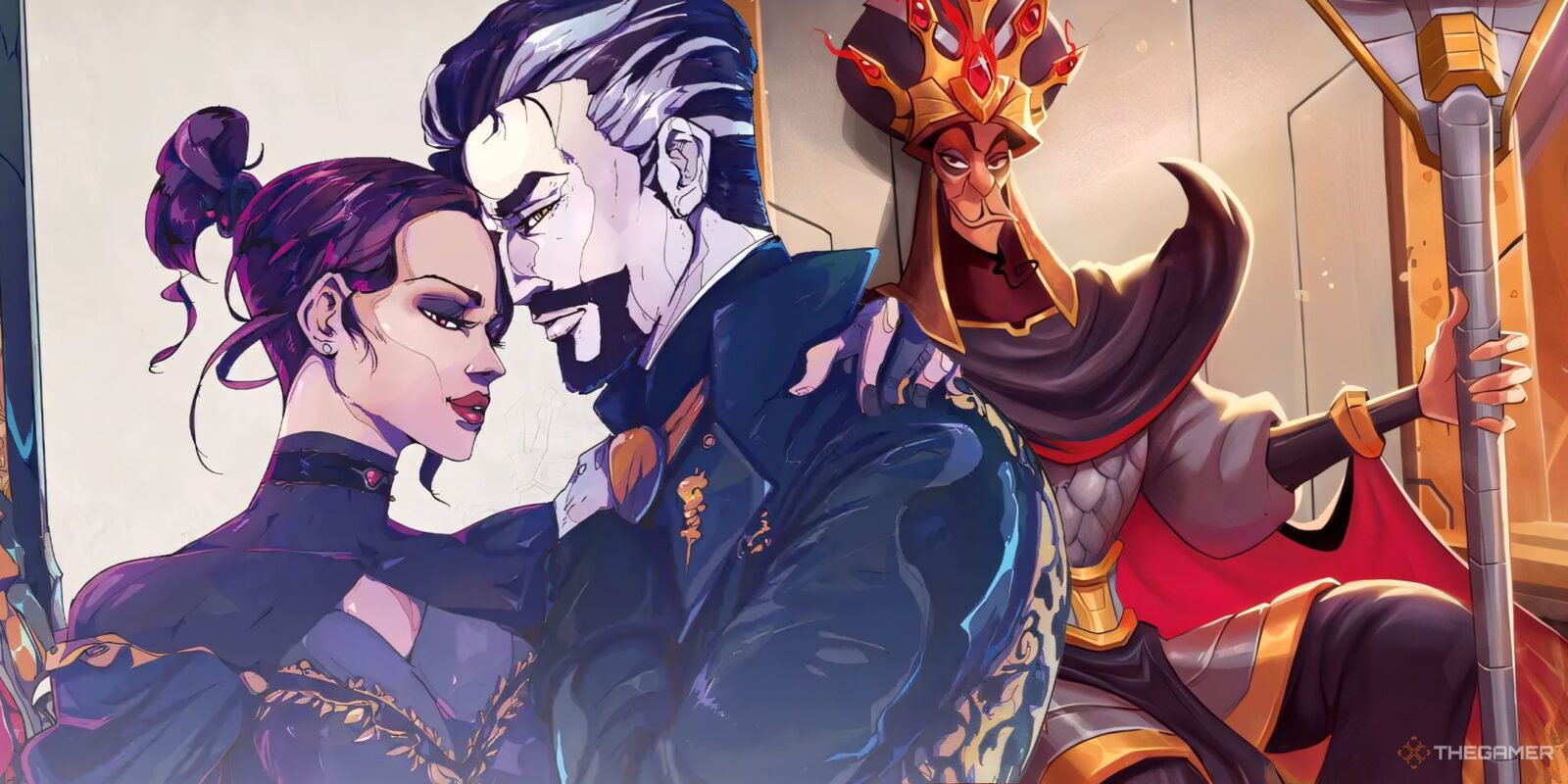

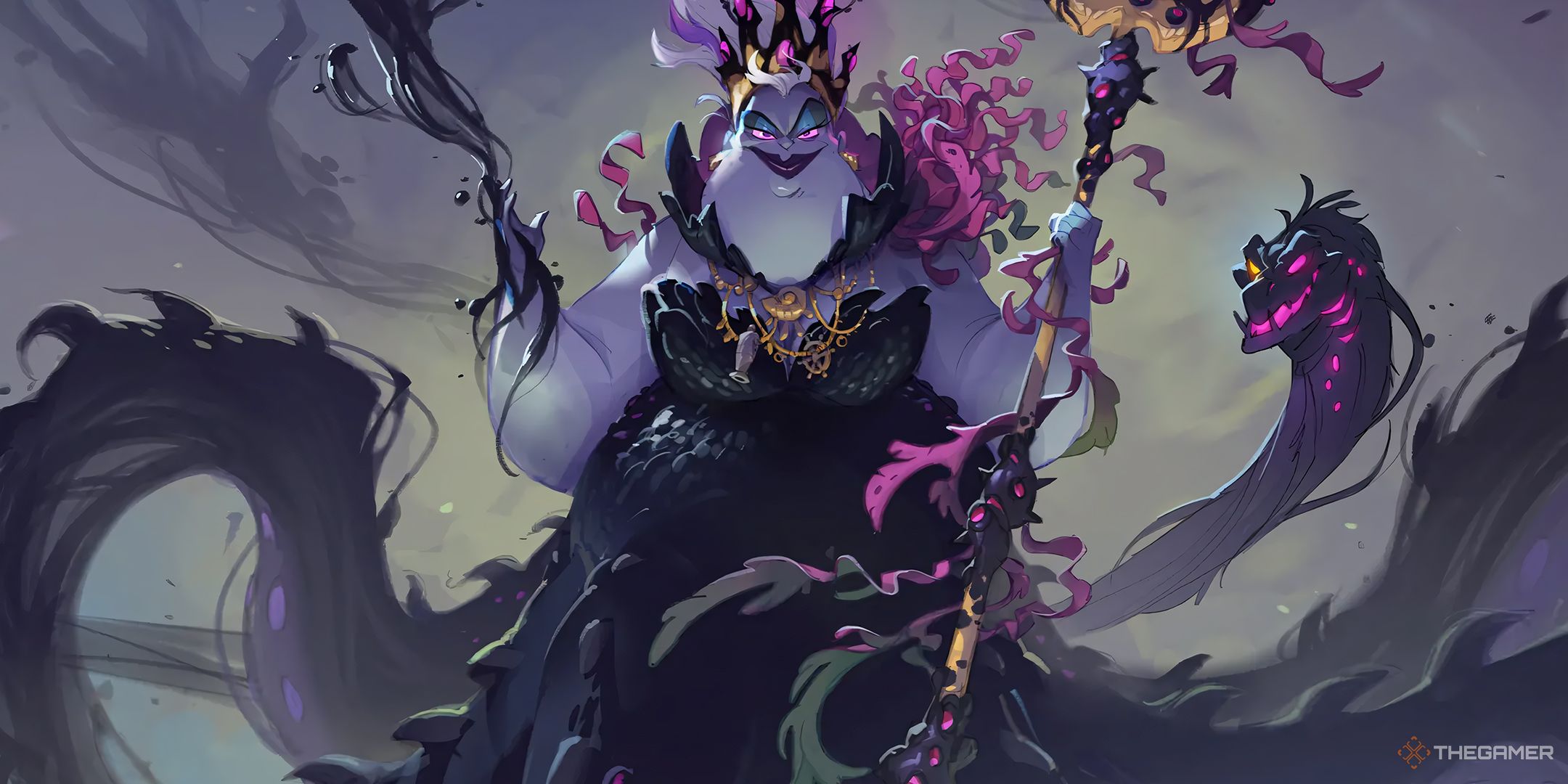
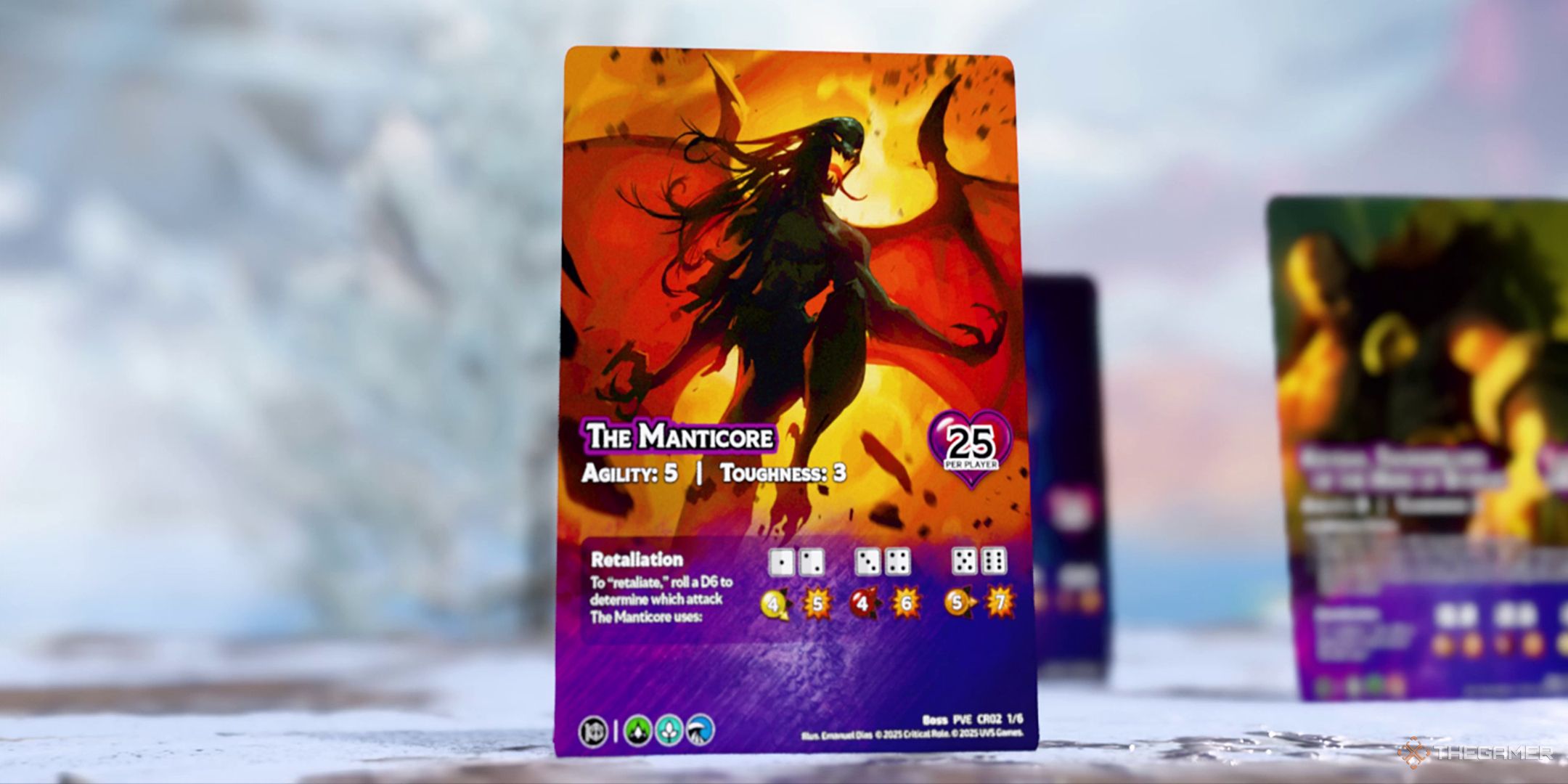

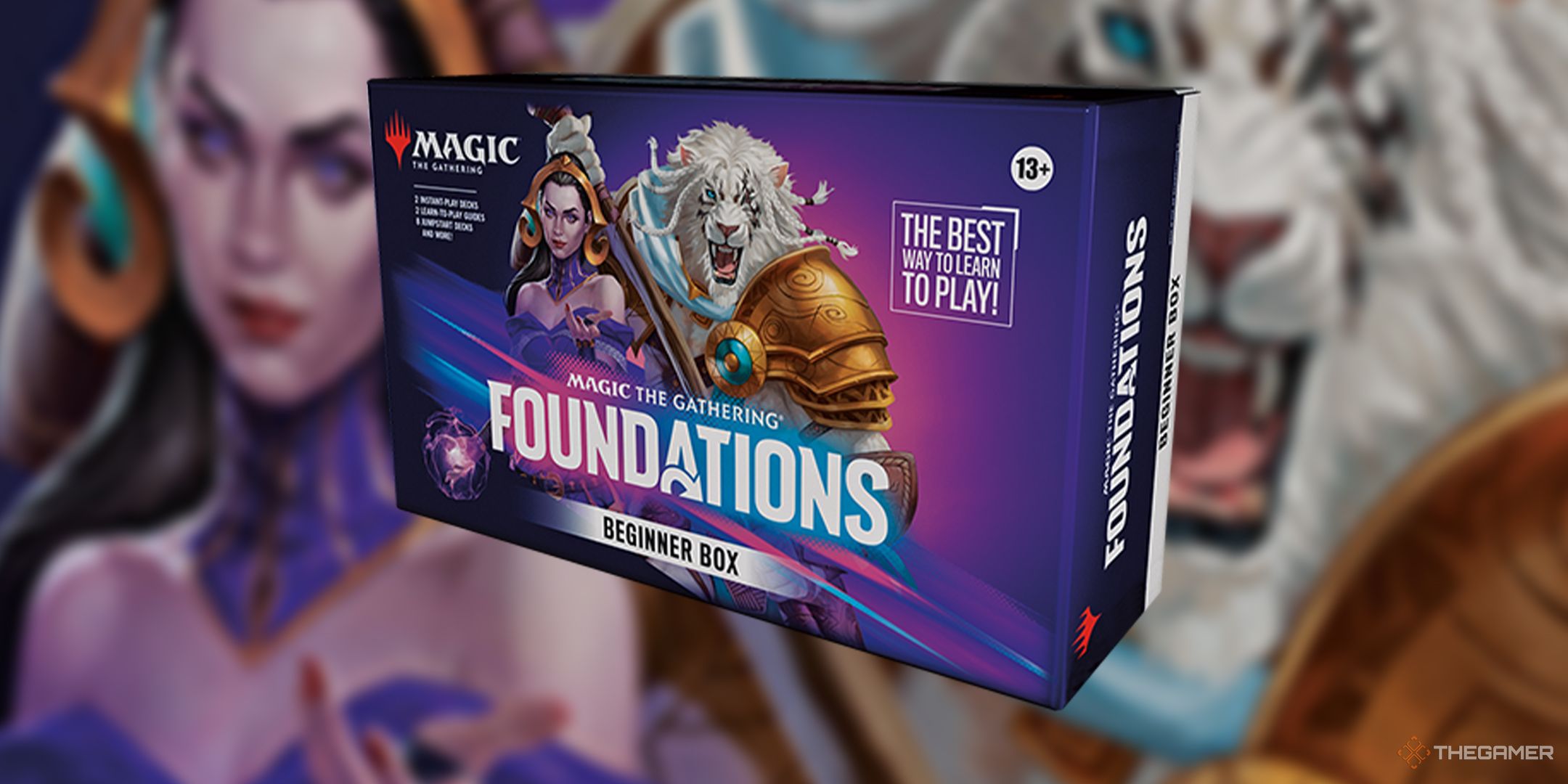
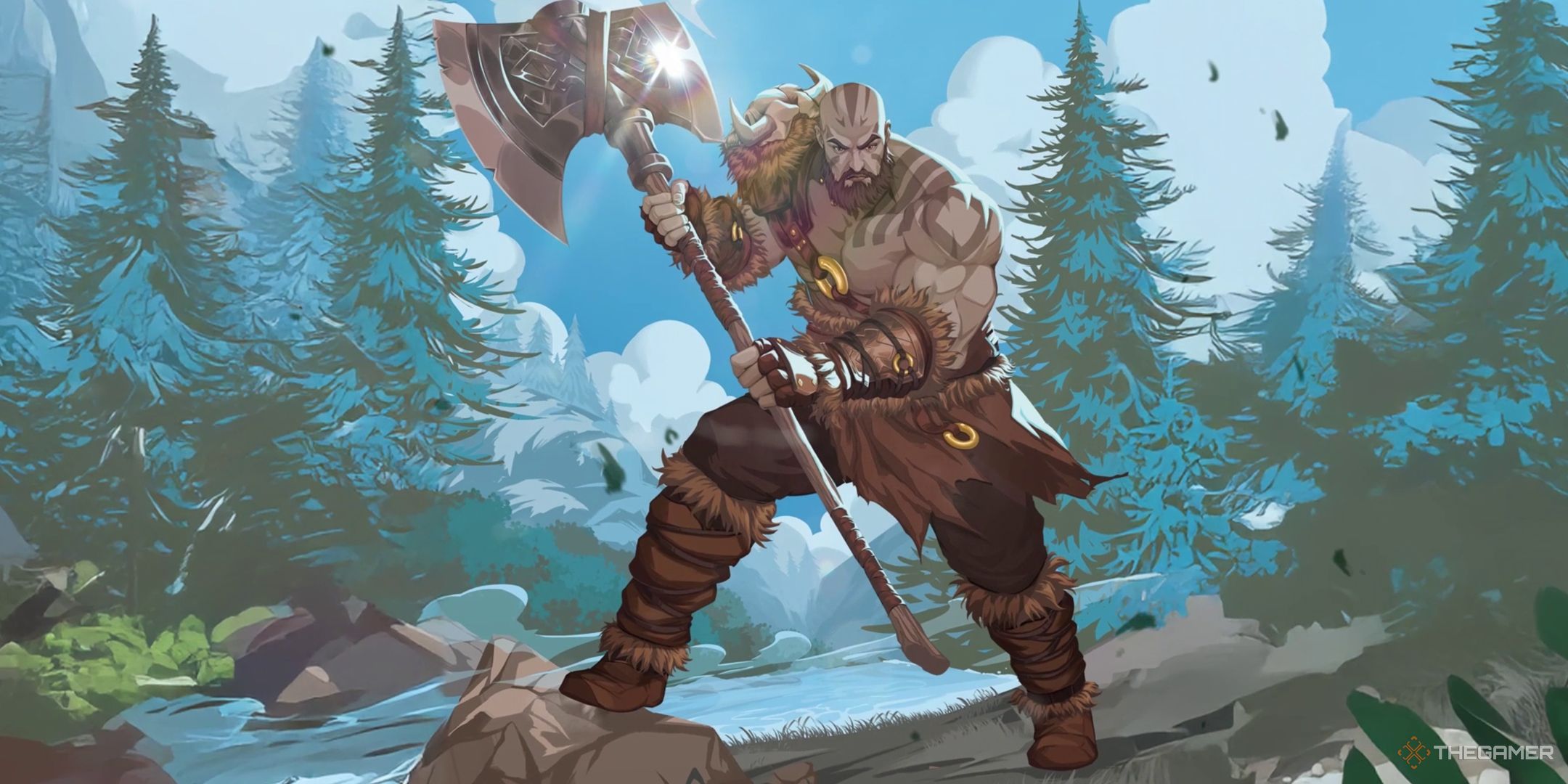





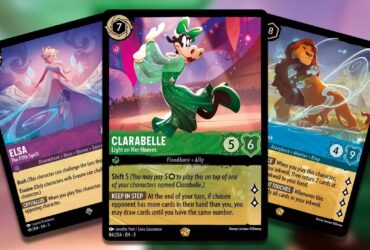

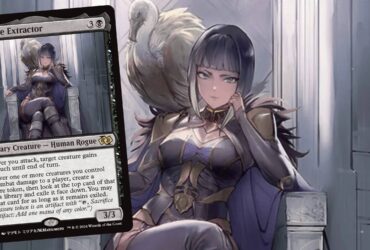
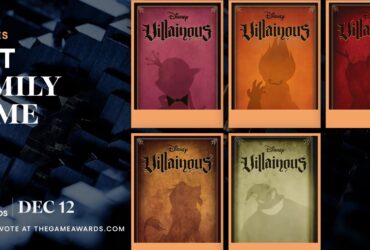

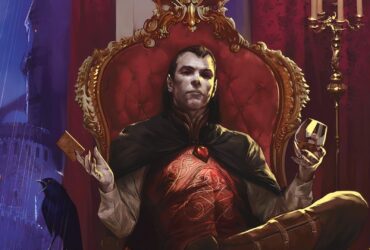
Leave a Reply